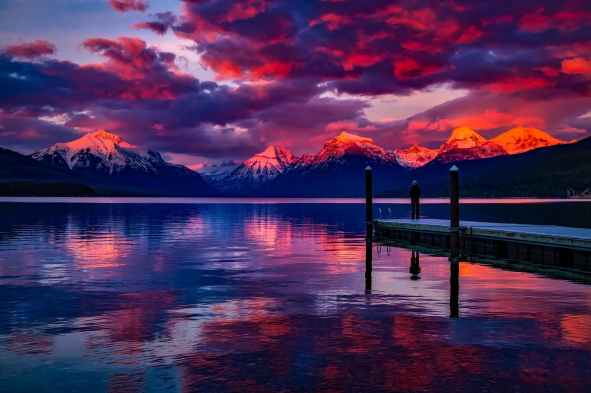NOTE: THIS IS NOT A REAL NEWS INTERVIEW.
THIS IS A FICTIONAL INTERVIEW GIVEN FOR MY NOVEL-IN-PROGRESS INFINITE WORLDS.
NOT A REAL INTERVIEW
Good morning, I’m Sybil Sanderson.
We here at ‘Science Weekly’ are pleased to report a new development in the world of space. A shake-up has been reported in the Canadian government that may have an impact on that country’s contribution to space exploration.
Minister of Space, Jonathon Erikson died last week after being shot in his bed. His body was discovered by his wife. His post has been filled by his Deputy Minister, Anika Lavalle, who was only recently promoted to the deputy position from advisor. Investigators are still trying to piece together the evidence that may lead to an arrest of Minister Erikson’s murderer. It is with great curiosity that we turn our attention now to the newly minted Minister Lavalle. Who is she? How did a virtual unknown rise to such an important position? We were able to ask these questions, and more, of the Minister herself in a brief interview granted just this morning.
Thank you for taking the time to speak to us today, Minister Lavalle.
My pleasure.
You must have an enormous amount of work waiting for you, so I’ll get right to it. How does one go from an advisory position to Deputy Minister of Space?
In my former position, I apparently caught the attention of our Prime Minister Cohen. He asked that I advise him on various occasions, after which he appointed Deputy Minister of Space. It’s a great honor.
I can imagine. Has the mandate of the Ministry of Space changed at all since your promotion?
Yes, it has, Sybil. The Prime Minister has tasked my office with establishing the preliminary steps to building a research station on the Moon. Then we’ll work to meet the criteria that will allow us to build a multi-national research station there. While no country can claim the planet, only politics stands in the way of working together. That said, it is our wish that Canada take a larger role in exploring space. Research, asteroid mining and launching exploratory craft from the Moon is all a part of that plan.
Will Canada still play a technological support role on the International Space Station?
Yes, we will. The Government of Canada wants to expand our role in exploring space, not reduce it. We want to be a leader out among the stars. We are putting plans into place that will enable many more Canadian citizens to be a bigger part of that. We expect to see more job creation come from this new mandate, as well as current contract extensions. Residual economic developments are expected to boost the overall health of our economy as well. Obviously, I can’t go into a great number of details, though.
It will be fascinating to see how it all unfolds. Thank you for sharing a small part of your vision with us, Minister Lavalle.
Thank you for having me, Sybil.
So, there you have it, folks, Canada gets a new Minister of Space, and a new purpose out among the stars! Stayed tuned for Ryan Rutledge’s report on the repairs to the Hadron Collider…


